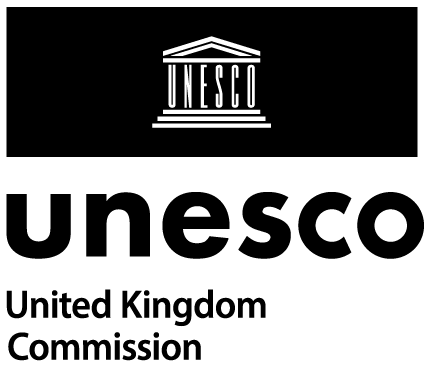Brief reports are released throughout the year. Check out the complete* series below!
*subject to release date
ISSN 2752-7026
What and Why?
Agreed in 2015 by the United Nations General Assembly, the 17 Sustainable Development Goals (SDGs) unite 193 Governments with the shared aim of leaving both our planet and societies on a sustainable footing for future generations.
No poverty, clean energy, sustainable cities and quality education are among the challenging targets that must be met no later than 2030. The pressure is on, and it’s all hands-on deck with experts from across the globe rallying to this call. Since cultural heritage is an expression of human communities through diverse media, experts work to safeguard all manners of heritage: from vast buildings, works of art and folklore, to artefacts, language and landscapes. The shared goal, however, is simple: preserve the past so that future generations might enjoy, benefit and learn from its legacy. Likewise, the Sustainable Development sector works to meet the needs of the present without compromising the needs of future generations.
01
🔑 Insights
1Natural and cultural heritage are inseparable and interdependent.
Dividing them is artificial and counterproductive for promoting sustainable development. This disconnected approach, common in many countries, has often resulted in separate policies for natural and cultural heritage protection, conservation, and management across different government departments, institutions, and actors.
2Indigenous Peoples’ and local communities’ knowledge and expertise provide alternative paradigms for sustainable development.
Rooted in recognition of culture-nature interdependencies and holistic world views and approaches, the knowledge and practices of Indigenous Peoples and local communities can and do contribute significantly to, for example, ensuring food security, nurturing biodiversity, maintaining the integrity of ecosystems, and cutting CO2 emissions.
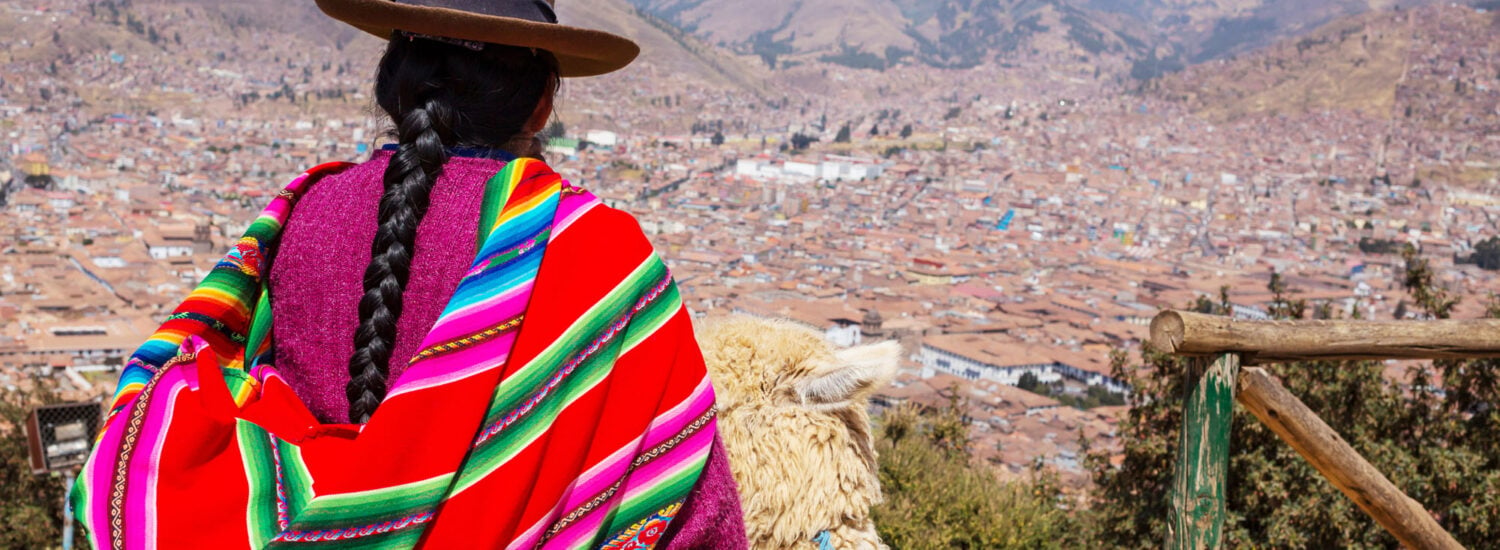
02
🔑 Recommendations
1 Natural and cultural heritage are inseparable and interdependent. Dividing them is artificial and counterproductive for promoting sustainable development.
- Recognise the interconnected dynamics between nature-culture elements and the importance that multifaceted forms of heritage play in connecting social and cultural issues to environmental concerns. This applies in all environments—urban, rural, and natural.
- Promote virtuous circles and strengthen the interconnections between cultural and natural heritage in policy and practice. Foster integrated, cross-sectoral, and collaborative work between different government departments, institutions, and actors. Define, implement, and monitor combined policies and practices for cultural and natural heritage conservation and sustainable development.
- Conduct interdisciplinary research to further understand culture-nature dynamics, showing the interlinkages, but also specific peculiarities related to natural and cultural heritage.
- Collect and share case studies and examples of landscape/holistic approaches to heritage management and learn from both their successes and their limitations.
- Encourage and strengthen co-production and exchange between academics, practitioners, policymakers, Indigenous Peoples, and local communities to define and implement more holistic and participatory approaches in various regions worldwide. Provide information, guidance, and frameworks for implementing more holistic and integrated approaches to cultural and natural heritage conservation, management, and sustainable development. Incorporate guidelines into multi-level government policies.
2Indigenous Peoples’ and local communities’ knowledge and expertise provide alternative paradigms for sustainable development.
- Learn from the experience and holistic world views of Indigenous Peoples and promote approaches able to reconnect people with nature and bridge the nature-culture divide. Promote the recognition and adoption of more holistic concepts like ‘biocultural heritage’ comprising traditional knowledge, biodiversity, landscapes, cultural and spiritual values, customary laws, and languages.
- Harness the potential of Indigenous Peoples’ and local communities’ traditional knowledge and skills in biocultural heritage and landscape conservation and management efforts and also in policy development. Use modern technologies to complement traditional knowledge and practices.
- Engage with the diversity of local experiences and explore how to address North-South differences, particularly where people have been displaced from their cultural homelands.
- Encourage the use of creative and arts-based methods to understand different narratives and intangible heritage values, connect communities with their memories and experiences, and promote community engagement and resilience.
- Foster participation, local leadership, and advocacy. Give Indigenous Peoples and local communities, including farmers and fishermen, a central role in the decision-making process. Adopt and implement inclusive governance models.
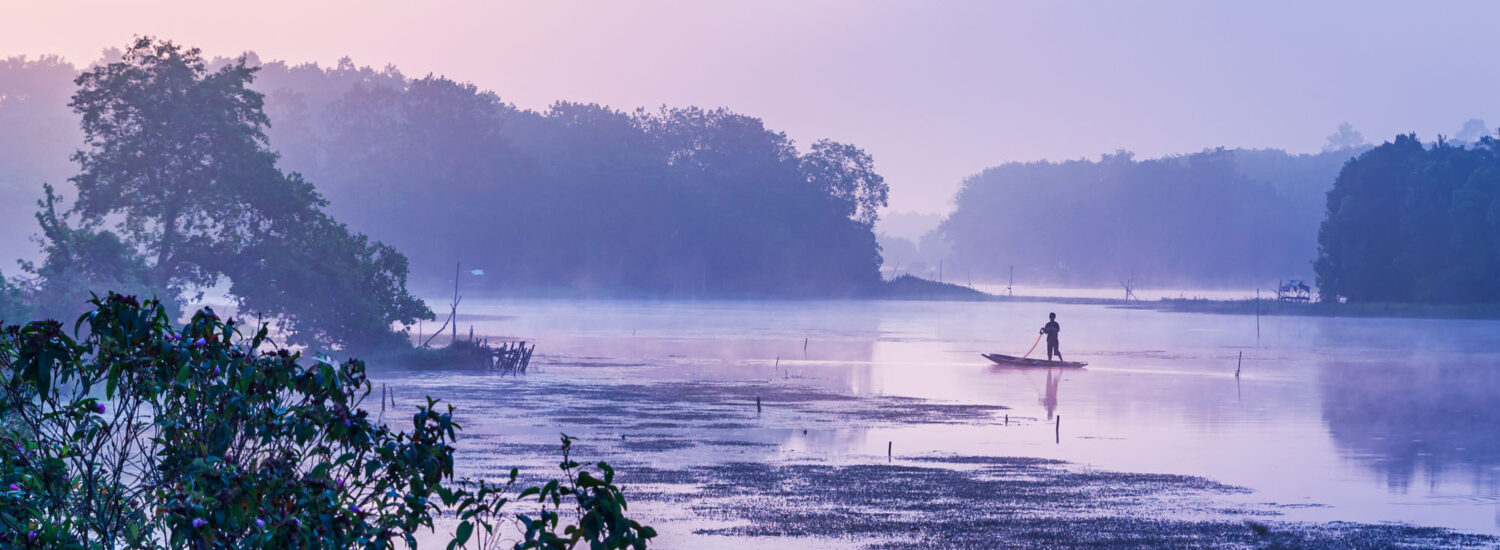
03
🔑 Issues
- Culture-nature interdependence is often overlooked, including in the SDGs framework.
- Approximately a quarter of the global land area is traditionally owned, managed, used, or occupied by Indigenous Peoples.
- Biodiversity is declining less rapidly on lands managed by Indigenous Peoples.
- Land rights for Indigenous Peoples and local communities are urgent: in 2020 alone 212 land and environmental activists and defenders were killed.
- Community participation and leadership remains a challenge in practice and requires stronger policy support in order to promote more holistic, sustainable, and equitable natural and cultural heritage conservation.
🔑 Challenges
- Loss of biodiversity
- Degradation of ecosystems
- Climate crisis
- Loss of livelihoods
- Food insecurity
- Exclusion and marginalisation
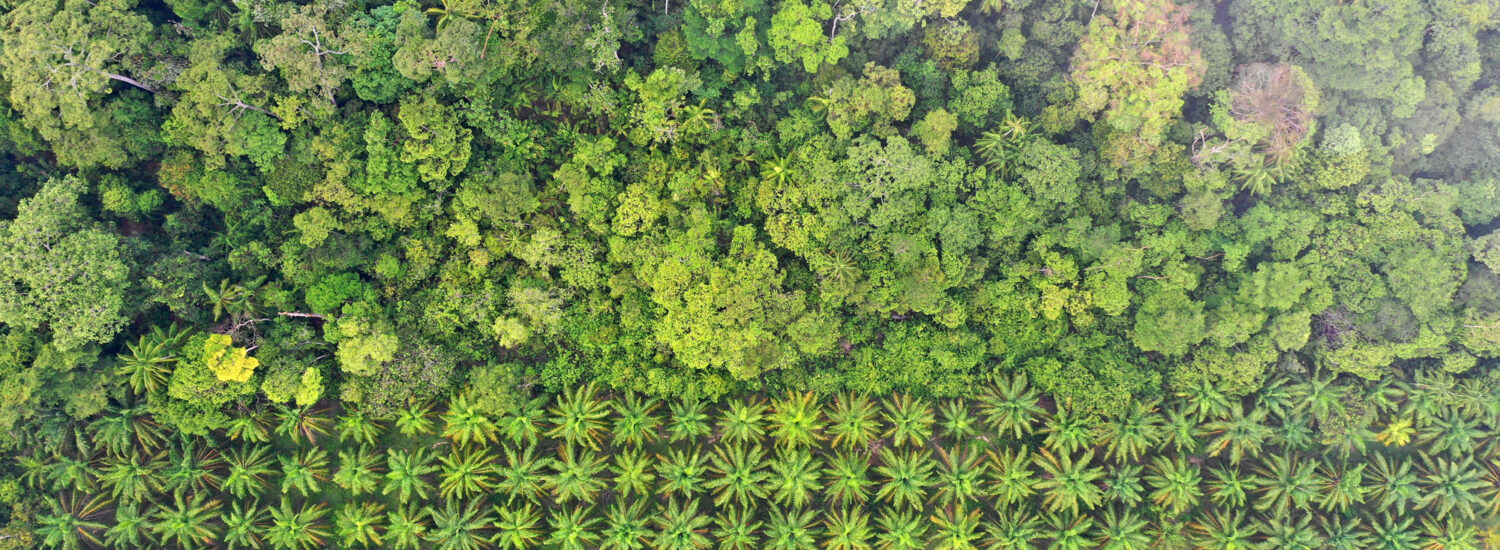
04
💼 Case Studies
1Cultivating Sustainable Futures by Protecting and Enhancing Natural and Cultural Heritage
Cultural heritage and narratives shape our landscapes and influence discourse and action related to environmental sustainability. Some of the collaborative research carried out at the Centre for Mountain Studies seeks to understand how the integration of natural and cultural heritage can support community driven sustainable development.
The SHAPE project (funded by the Northern Periphery & Arctic Programme) developed sustainable ecotourism initiatives that address sustainability challenges in peripheral rural areas. This project used the concept of virtuous circles where natural and cultural assets are valued, preserved, and enhanced to develop sustainable tourism initiatives that in turn positively influence the underpinning assets. For example, the research demonstrated the multi-faceted value of local assets such as wool products and the heritage of river systems to visitors, communities, and local businesses. The focus of the project was on high quality community engagement and the value of co-construction processes where researchers develop all aspects of research in partnership with communities to co-produce processes and outcomes that meet community needs and priorities.
This approach is being used in the CULTIVATE project to understand the role of cultural narratives in socio-ecological systems and to generate a creative deliberative space to reshape narratives that address environmental challenges in landscapes rich in cultural and natural heritage.
Dr Rosalind Bryce, Director of the Centre for Mountain Studies, Perth College, University of the Highlands and Islands, Scotland (UK).
2Panorama Nature-Culture Thematic Community. Sharing Practices and Learning From Heritage Places.
PANORAMA Nature-Culture is an online platform that documents practices interconnecting natural and cultural heritage sectors and embeds heritage in the larger sustainable development framework. This project started from the understanding that the implementation of the World Heritage Convention and national heritage administrations have often followed a nature-culture divide, also reflected in disciplinary and sectoral backgrounds of professionals working in heritage conservation, which does not necessarily exist at local level. This has brought misunderstandings in the application of the Convention in places where policy needs to adapt to local realities and be built with bottom-up collaboration.
In order to understand heritage in a more holistic manner, interdisciplinary research and cross-sectoral exchange are necessary. For this, there is a need to collect evidence. PANORAMA Nature-Culture brought in the cultural aspects within the nature-focused PANORAMA platform, highlighting the role of culture in sustainable development, and the interlinkages between natural and cultural diversity. More than 240 of 834 case studies called “solutions” already published were identified as having a cultural component that was not acknowledged, showing that culture does indeed play a role in sustainable development endeavours. Two new filters (culture and local actors) were added to the existing ones, enabling users to highlight the cultural component involved in these 240 solutions. As a result, PANORAMA Nature-Culture enables peer-learning by connecting practitioners, researchers, and decision-makers, and provides evidence for policymaking.
Dr Maya Ishizawa, Curator, PANORAMA Nature-Culture, ICCROM-IUCN World Heritage Leadership

Contacts
UK National Commission for UNESCO
[email protected]
Prof Stuart Taberner, Dean for Interdisciplinary Research and Principal Investigator at PRAXIS, University of Leeds, UK
[email protected]
Authors
Dr Francesca Giliberto, PRAXIS’ Post-Doctoral Research Fellow on Heritage for Global Challenges, University of Leeds (UK); Helen Maclagan OBE, Former Vice-Chair and Non-Executive Director, UK National Commission for UNESCO.
Case Studies
Dr Rosalind Bryce, Director of the Centre for Mountain Studies, Perth College, University of the Highlands and Islands, Scotland (UK); Dr Maya Ishizawa, Curator, PANORAMA Nature-Culture, ICCROM-IUCN World Heritage Leadership
Production
Matilda Clark, Project Officer, UK National Commission for UNESCO; Matthew Rabagliati, Head of Policy, Research and Communications, UK National Commission for UNESCO.

